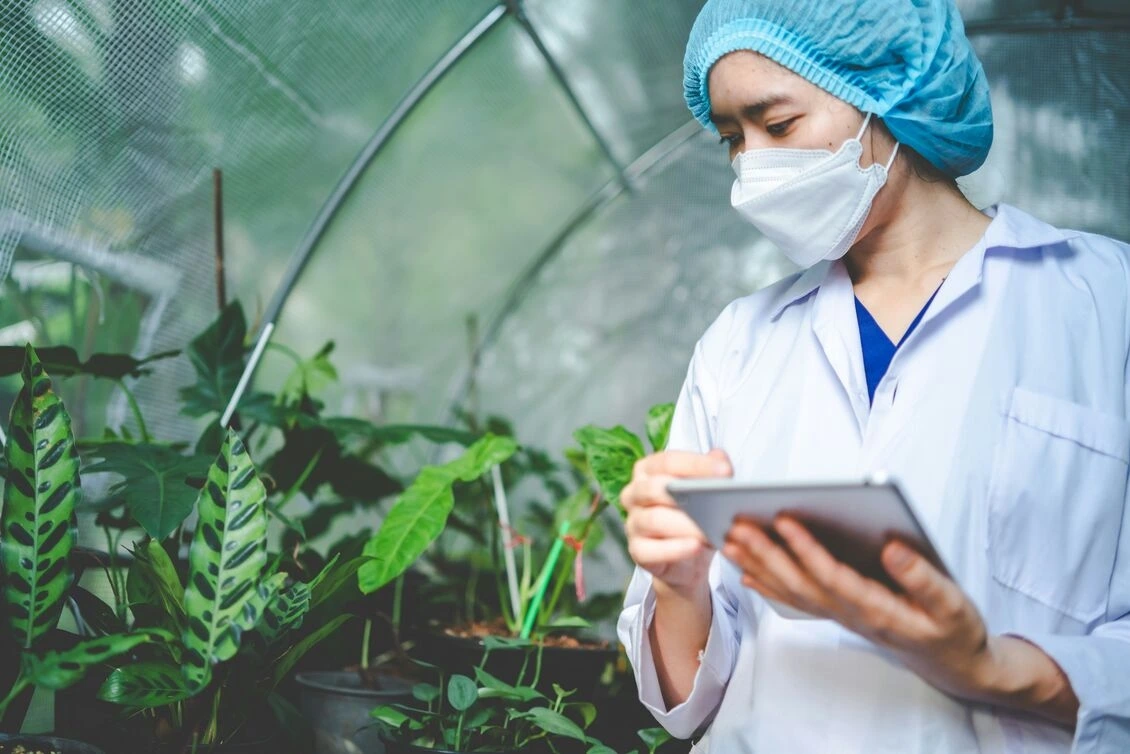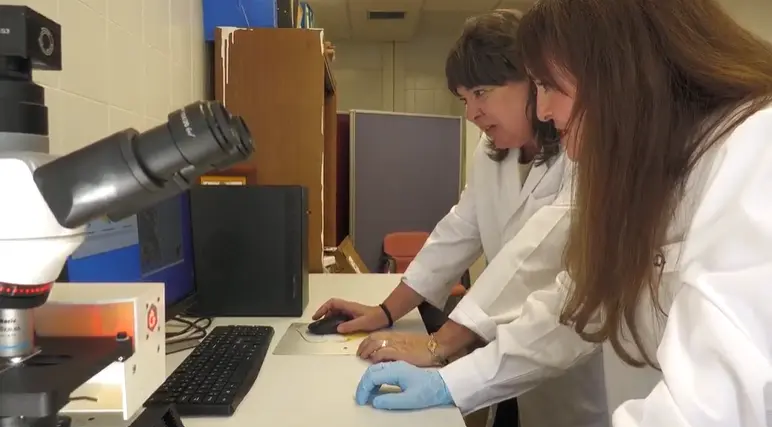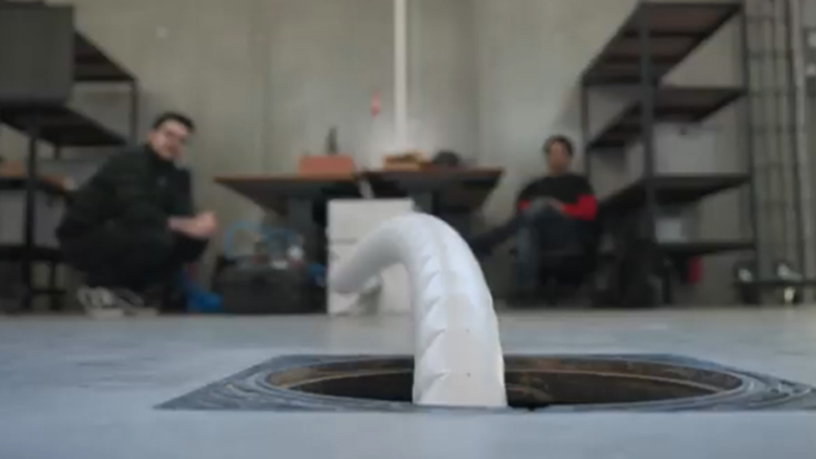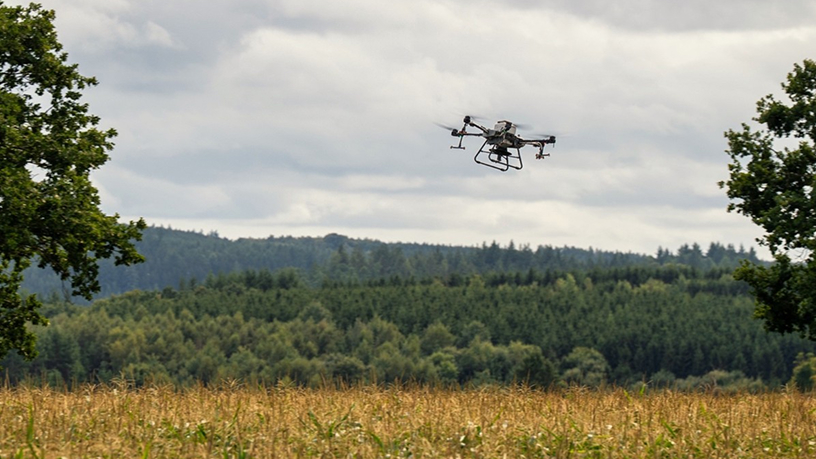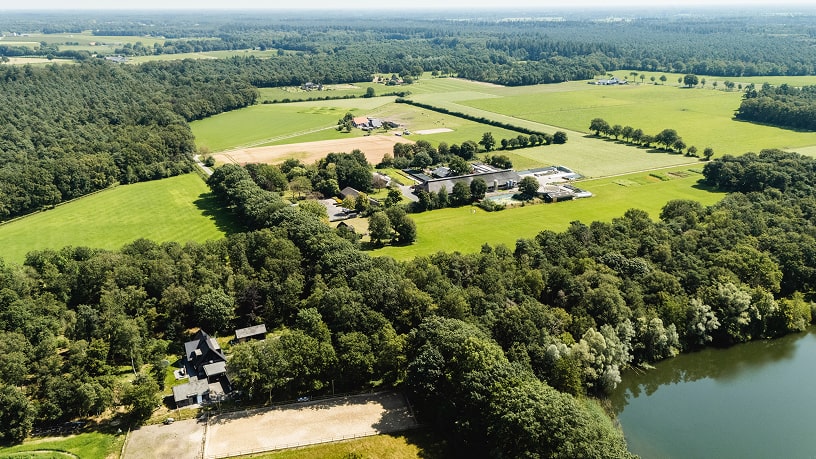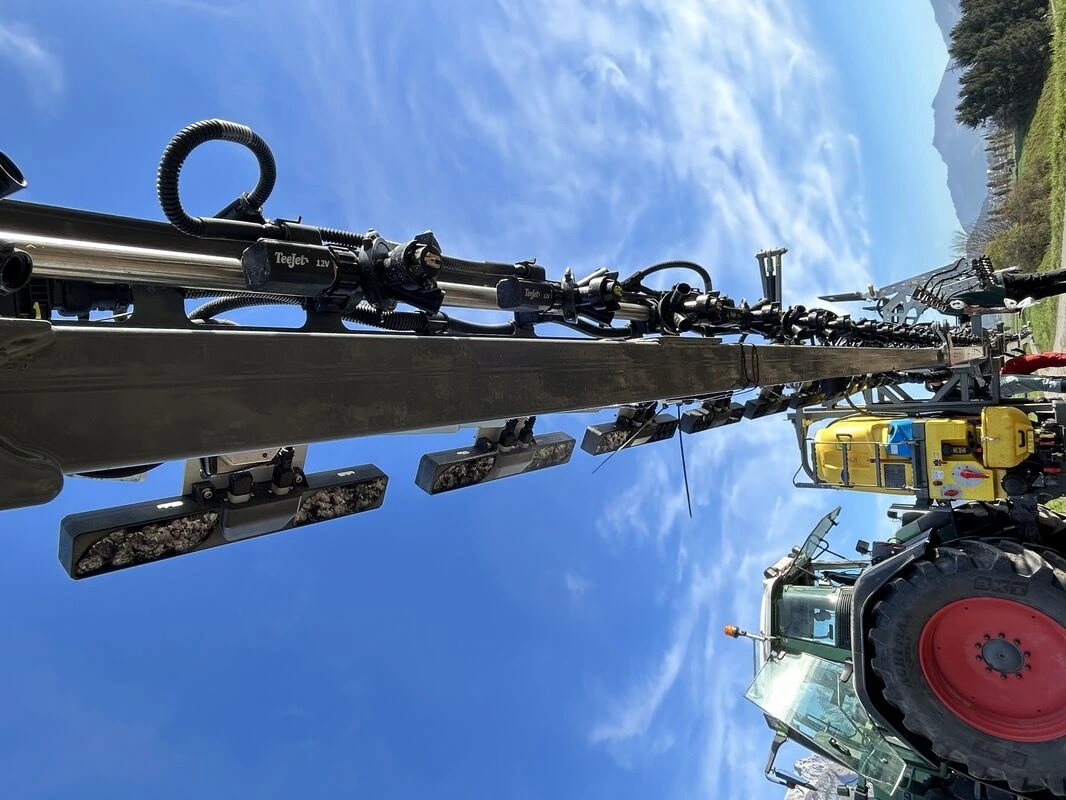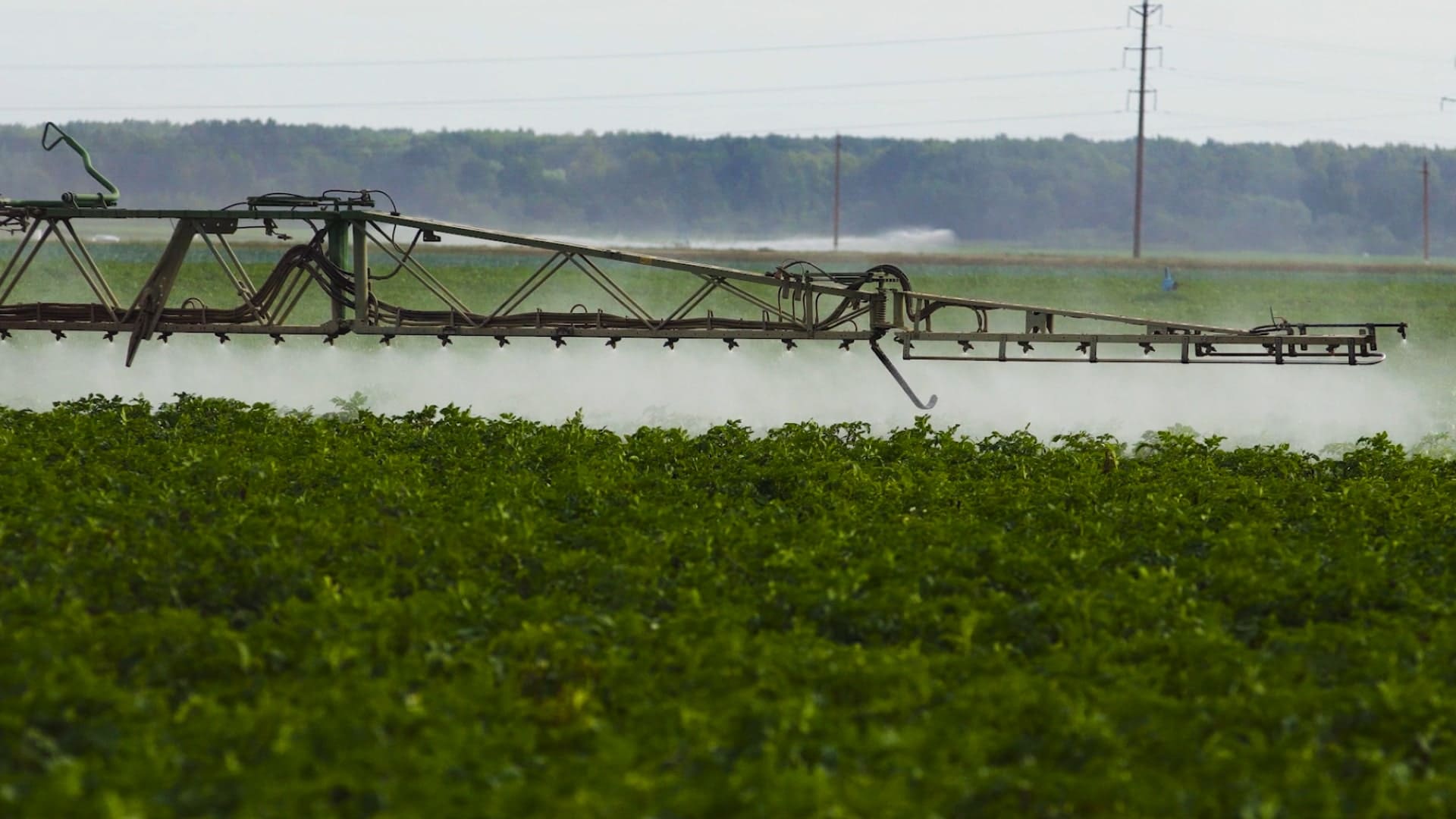Overview
This service helps you understand how AIRDIG technologies impact the environment throughout their use in food production. From building the tech infrastructure to using and eventually discarding AI and robotic systems, this assessment pinpoints key areas like energy use, electronic waste, and resource consumption. It also explores how smart farming tools—like automated machines and precision farming—can improve environmental sustainability by reducing waste, conserving resources, and boosting efficiency. This approach offers a clear roadmap for making agrifood innovations more environmentally friendly.
More about the service
How can the service help you?
How the service will be delivered
Service customisation
- RISE - Research Institutes of Sweden | Website
